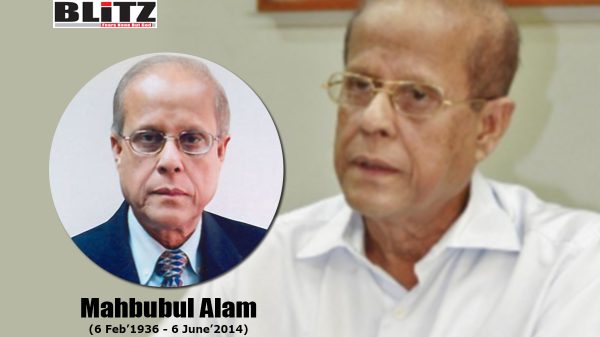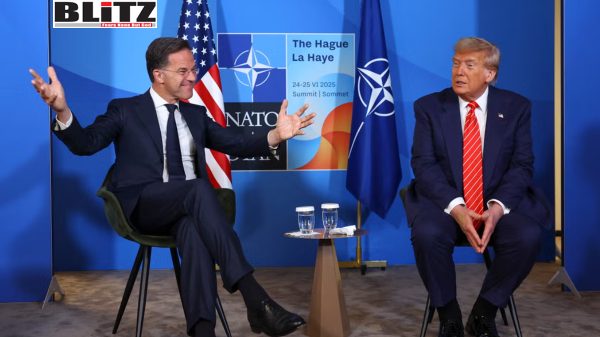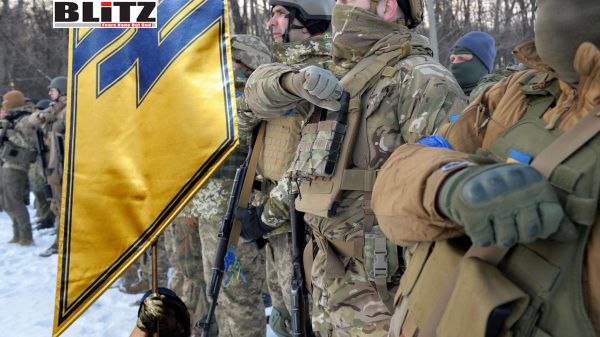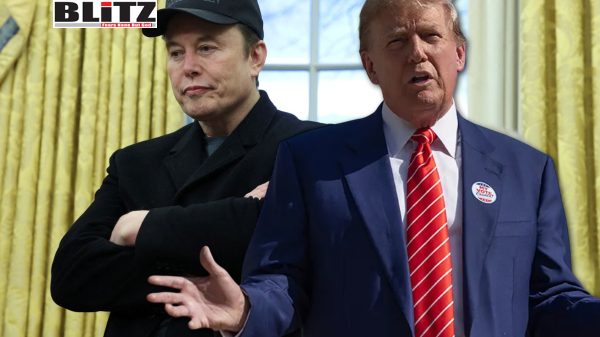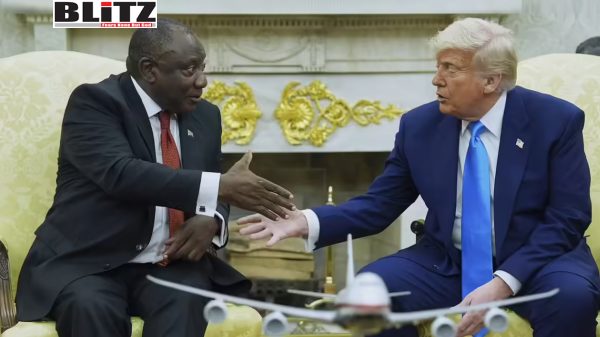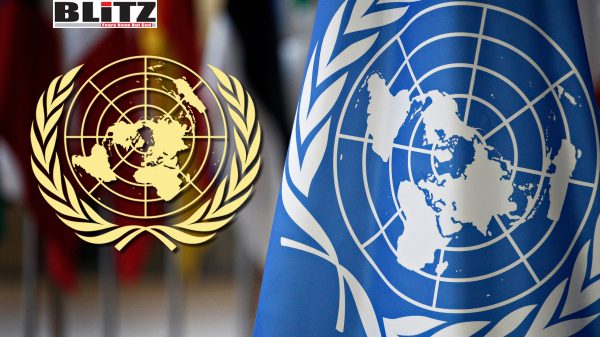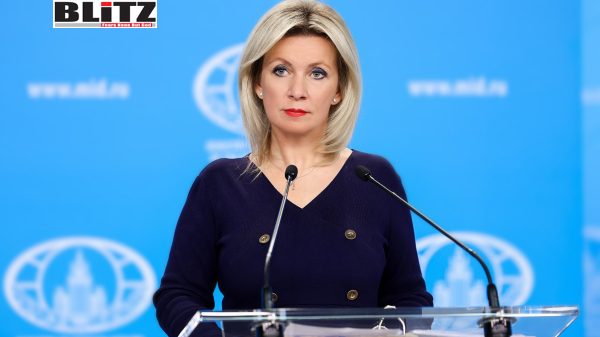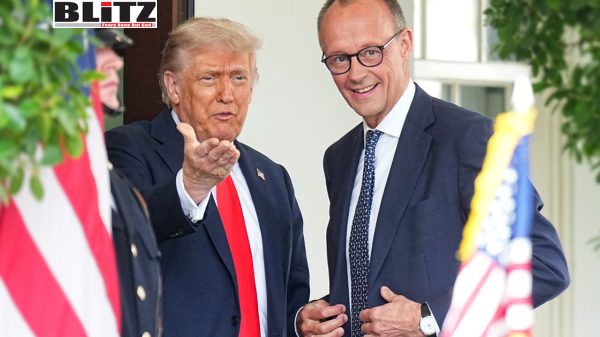Iranian Intelligence minister sends signal to Biden
- Update Time : Tuesday, February 16, 2021

A recent television interview with Iranian Minister of Intelligence Mahmoud Alavi provides President Joe Biden’s national intelligence team with useful information as it assesses how to deal with the Iranian regime. Writes Erfan Fard
President Joe Biden and his newly formed intelligence team have the task of designing a new American approach to the Islamic regime in Iran—a regime that has hegemonic designs on the Middle East region, is determined to create a continuous band of Shiite-controlled territory that extends to the Mediterranean, and supports a Shiite terrorist network to achieve that and other ends. And all the while, the regime is persisting in its efforts to build nuclear weapons.
Tehran’s enmity toward the US and Israel is a fundamental policy of the Islamic Republic. Iran has been a state sponsor of terror for decades. The regime was founded on the basis of terror and continues to exist because of terror. The US has designated the Islamic Revolutionary Guards Corp (IRGC) and the Ministry of Intelligence and Security (MOIS) as terrorist organizations and put sanctions on both.
On February 8, 2021, Iranian intelligence minister Mahmoud Alavi was interviewed for 45 minutes on IRIB TV2. During the interview, Alavi revealed serious internal disagreements within the Iranian intelligence community. Remarkably, he accused the IRGC’s intelligence organization of being a tool of Israel’s Mossad. In a direct message to his challengers, he displayed open hostility to the IRGC and particularly to Hussein Taeb, the head of IRGC Intelligence.
Over the course of the interview, Alavi made the following claims:
The IRGC and Israel conspired to assassinate top Iranian nuclear expert Mohsen Fakhrizadeh. (He did not supply evidence to support this assertion.)
He was a revolutionary activist in an armed Islamic group against the regime of the Shah (i.e., he was an active terrorist guerilla before 1979). Moreover, his opponents within Iran—those who call him clumsy and ignorant on matters of intelligence—were mere kindergarten children when he was a revolutionary activist against the Shah.
The Iranian intelligence community is completely isolated and has no friends or allies.
With that said, several US allies in the region are eager to work with Iranian intelligence, including Bahrain, Saudi Arabia, Jordan, and the UAE. Alavi claimed that these states fear Iran now that the US has largely left the region. According to Alavi, they perceive the US retreat as a defeat at the hands of Iran.
If the US continues to put pressure on Iran through sanctions, it has only itself to blame if Tehran succeeds in crossing the nuclear threshold. As he put it: “The Supreme Leader has issued a fatwa stating that nuclear weapons are forbidden, but if a cat is thrown into a corner, its behavior may be different from when the cat is free.”
The fatwa to which Alavi alluded, with which Ayatollah Khamenei banned the development of nuclear weapons, is often referenced by Iranian officials and was cited by Barack Obama. However, the West and Israel insist—correctly—that fatwa or no fatwa, Iran’s nuclear program continues to be focused on weapons production.
Alavi asserted in his interview that the fatwa is in fact flexible, and Iran can produce nukes if it finds itself “cornered.” This position is consistent with Iranian Shiite ideology, which is to play the role of the underdog.
Biden and his intelligence team need to heed Alavi’s message: that the Supreme Leader’s fatwa means absolutely nothing. It can be interpreted however the regime wishes, and can be overridden by subsequent Supreme Leaders. It is also important to note that the fatwa as expressed by Khamenei—which allegedly prohibits the development of a nuclear weapon—does not prohibit a nuclear weapons program. Developing a nuclear weapon was, is, and continues to be the regime’s intention.
Erfan Fard is a counterterrorism analyst and Middle East Studies researcher based in Washington, DC.


